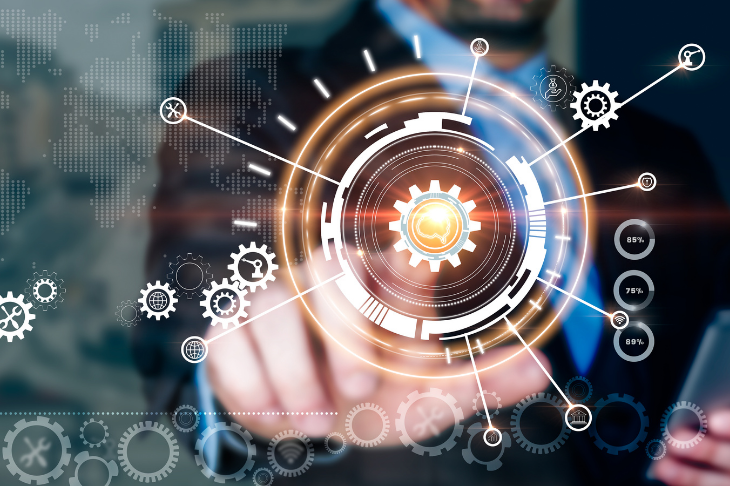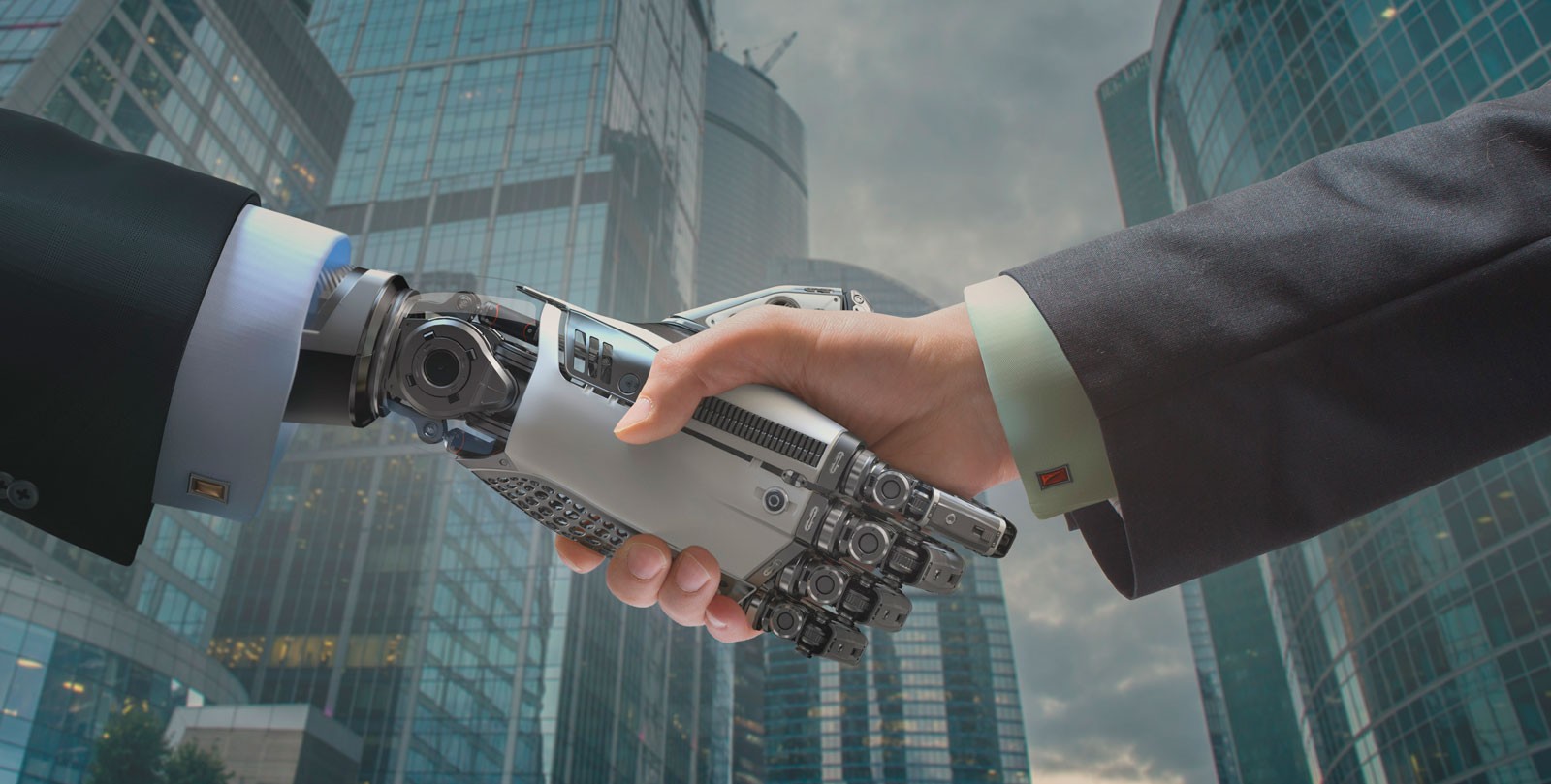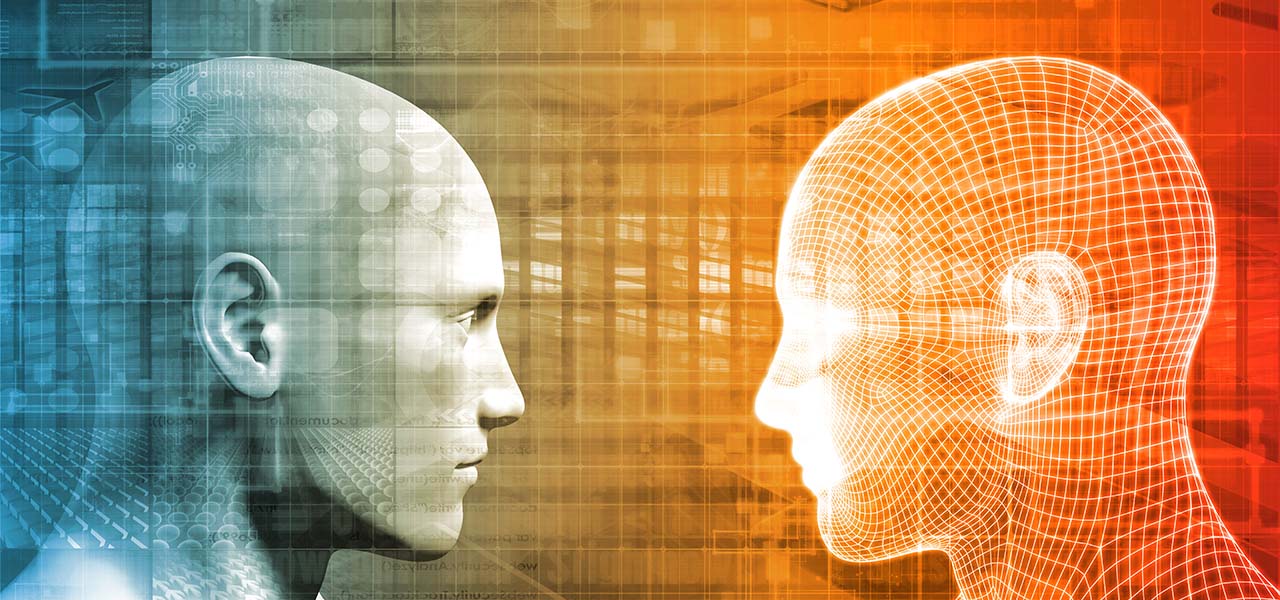Technology has touched every aspect of the way we work. The onset of the Covid-19 pandemic — and the resulting need for social distancing and remote working — has hastened the arrival of Industry 4.0. This Fourth Industrial Revolution sees the rise of artificial intelligence, machine learning and the Internet of Things, and industries ranging from finance to healthcare are tapping on such advancements to automate and enhance productivity, efficiency, and innovation.
Accountancy — the heartbeat of any organisation's financial movements, and business decision-making force — has also been reshaped by the rapid adoption of technological tools. But with companies hastening their journeys towards digitalisation amidst digital disruption and the pandemic, accounting professionals would undoubtedly experience a sense of trepidation at the potential risk of being replaced by self-learning machines.
Such concerns, while valid, could instead be mitigated by a mindset shift: By harnessing and elevating the capabilities of technology together with human flexibility, empathy, and strategy. With automation replacing transactional tasks, the accounting professional will take on a new role of strategist and analyst, pivotal in refining their organisation's cost-saving blueprints and ensuring they remain on top of compliance. Through upgrading one's essential skillsets to maintain relevance to current industry fluxes, accountants will be able to avoid obsolescence and tailor their roles beyond that of mere number crunchers.
Here is a roundup of the top five tech trends that will help accountants level up their competencies:
Data and analytics
Tomorrow’s top accounting professionals are no longer just detail-oriented individuals with a penchant for math. They are also poised to be architects of automation and experts in utilising technologies to assess complex problems, mitigate risk and identify trends.
As such, digitisation and data analytics will be core skills demanded by employers in the accountancy sector. Bolstered by breakthroughs in data analytics, accountants of the future can help their organisations unveil financial insights and boost efficiency, adding exponential value to companies and clients.
To prepare students for this new era of data, the SMU School of Accountancy offers the MSc in Accounting (Data and Analytics) (MSA), the first specialised Master’s degree in accounting data and analytics in Asia. Unlike other postgraduate analytics programmes, the MSA data and analytics track delves into the application of data technology in accounting, thereby addressing the demand for skilled data analytics professionals who can derive vital insights for decision-making.
Artificial Intelligence
Artificial intelligence (AI) may be a buzzword in headline-making start-ups and forward-thinking organisations. But it also is an exciting technology with multiple accounting applications: AI can enable companies to amplify efficiency, draw insights for a competitive advantage, and elevate the accounting role to more strategic functions.
Accountants of yore used to be bogged down by time-consuming, transactional tasks such as managing data and timely reporting, all while keeping abreast of fast-changing regulatory requirements for compliance. The introduction of AI can alleviate and automate many of these once-manual tasks, freeing accountants to focus on more value-adding responsibilities.
By mimicking and learning from human practices, AI can perform tedious processes in less time, all while minimising the risk of human error. AI-enabled systems may also finetune compliance procedures by monitoring changing rules, and leverage a high volume of data for more detailed, high-quality audits.
Cloud-based systems
While we have long abandoned the use of hand-written ledger books with the advent of accounting software, the digitalisation of the accounting profession has been further optimised with the introduction of cloud-based systems.
Cloud accounting involves the storage and sharing of data and programmes online, rather than simply on one’s computer or organisation hard drive. There now exists a multitude of cloud-based solutions that accounting professionals can harness to streamline existing processes.
In particular, cloud-based systems help automate manual bookkeeping processes, by syncing data and transactions with other online systems. This saves precious time and boosts productivity, resulting in an increased bottom line. Moreover, they allow for data to be accessed remotely and in real-time, enabling clients and accounting professionals to communicate across geographical locations and devices — a boon for those adopting a work-from-home arrangement in recent times, and for informed decision-making processes.
Remote working capabilities
Even prior to Covid-19, various organisations and firms have been adopting remote work arrangements with the aid of technology. But for those making the transition to a partially virtual practice, solutions must be put in place to ensure cybersecurity, as confidential financial data is often a mainstay of accounting tasks.
For starters, policies need to be set up to ensure proper password management, VPN usage and encryption, and boundaries on what can be performed on one’s personal devices. Next, an investment in an upgraded tech stack of integrated tools accessible to relevant staff, and adequate training to provide the necessary expertise to navigate this new system of online solutions, should be introduced to maximise enterprise workflows in remote working situations.
Blockchain
Often dubbed a technological gamechanger, blockchain is most commonly associated with cryptocurrency but has extensive potential in the realm of accounting — where complex control mechanisms, and vast systems of checks and balances, are integral to regulatory compliance and the preservation of validity and integrity. Blockchain is, in essence, a type of distributed ledger, trust-building technology. It does so by decentralising trust-keeping from institutions to algorithms, with the ability to validate the authenticity and provenance of an asset. In terms of accounting, blockchain can be employed to fast-track compliance, create inter-locking records that are cryptographically sealed to prevent tampering or falsification of data, and reduce the time and cost of conducting audits.
By elevating the level of trust and confidence in data, and streamlining multiple time-consuming tasks, today’s tech advancements can empower accounting professionals with a cascade of new tools. This paves the way for savvy accountants to drive real change in the digital workforce and propel their organisation’s competitive growth in this new economy.
For more information on how the Master of Professional Accounting (MPA) or Master of Science in Accounting (Data & Analytics) (MSA) programmes can help propel your career, email mpa@smu.edu.sg or msa@smu.edu.sg.





